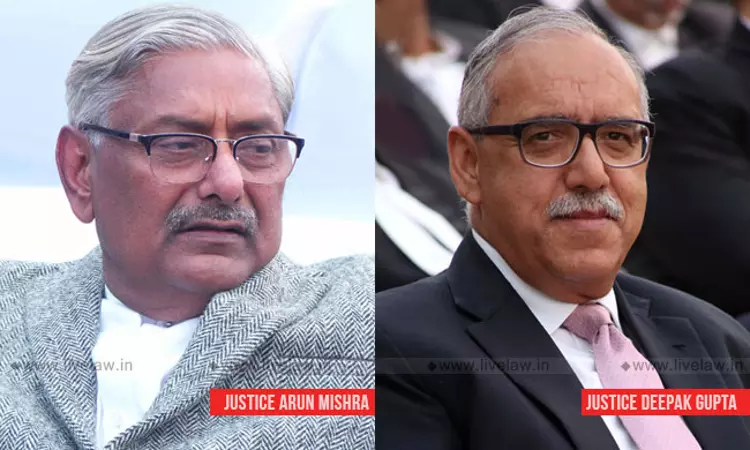'Shocking State Of Affairs That There Are Unpaved Roads/Pits In The National Capital': SC Directs Govt. To Ensure Proper Roads & Waste Management
Akshita Saxena
7 Nov 2019 12:28 PM IST

The court also directed the respective state governments to grant financial assistance of Rs 100 per quintal within seven days to small and marginal farmers for handling crop residue of non-basmati rice to ensure that they do not burn stubble to clean their fields.
Next Story


